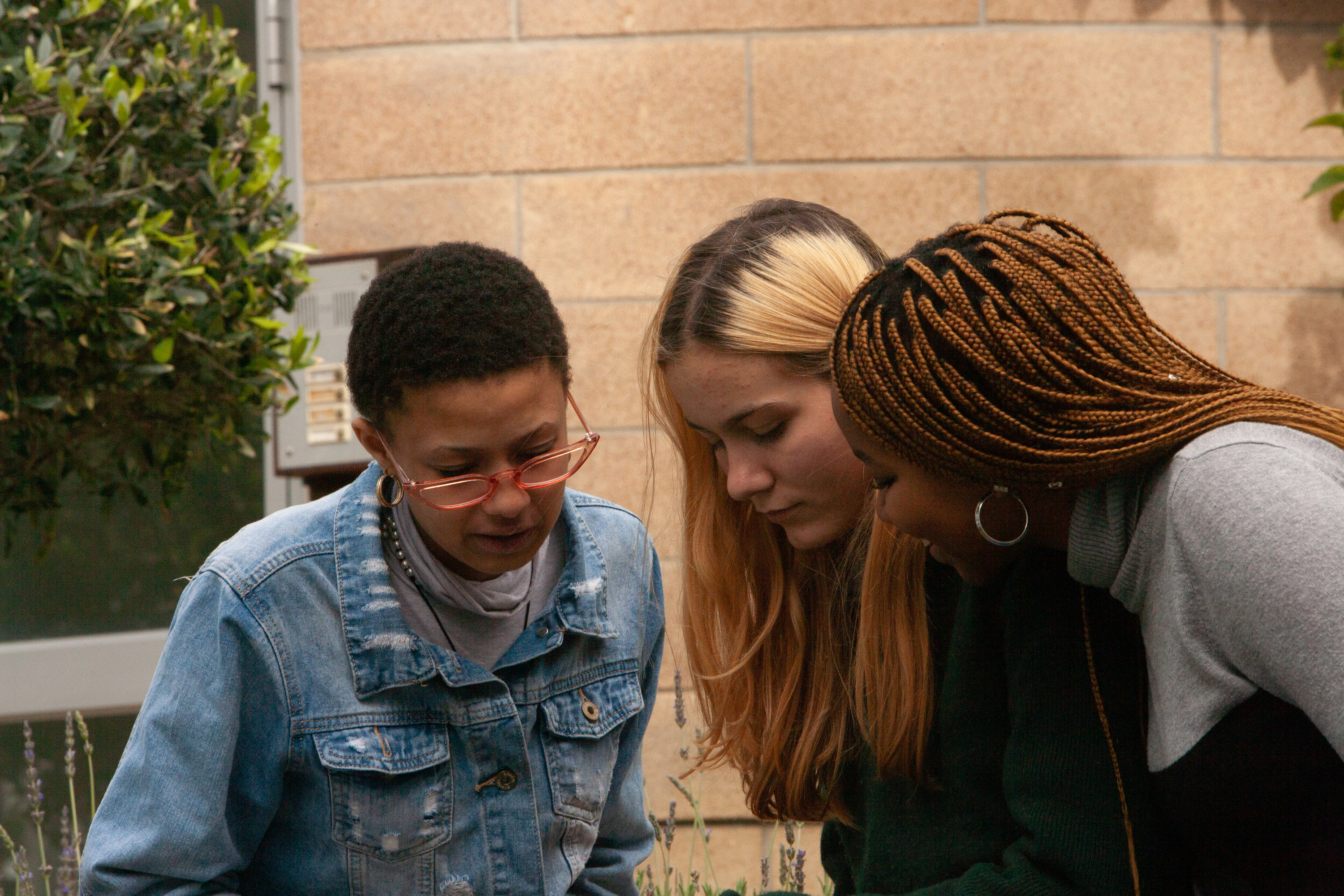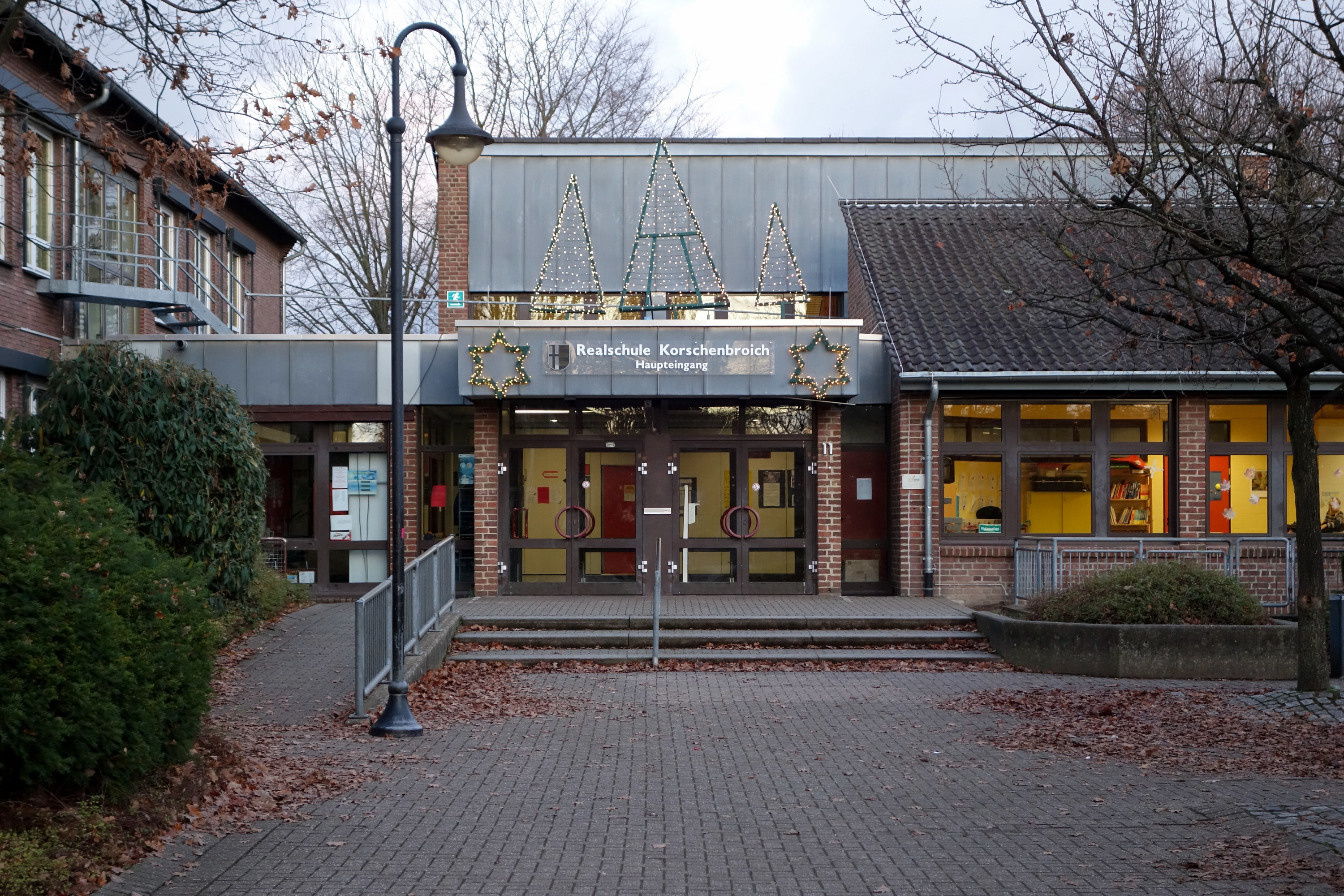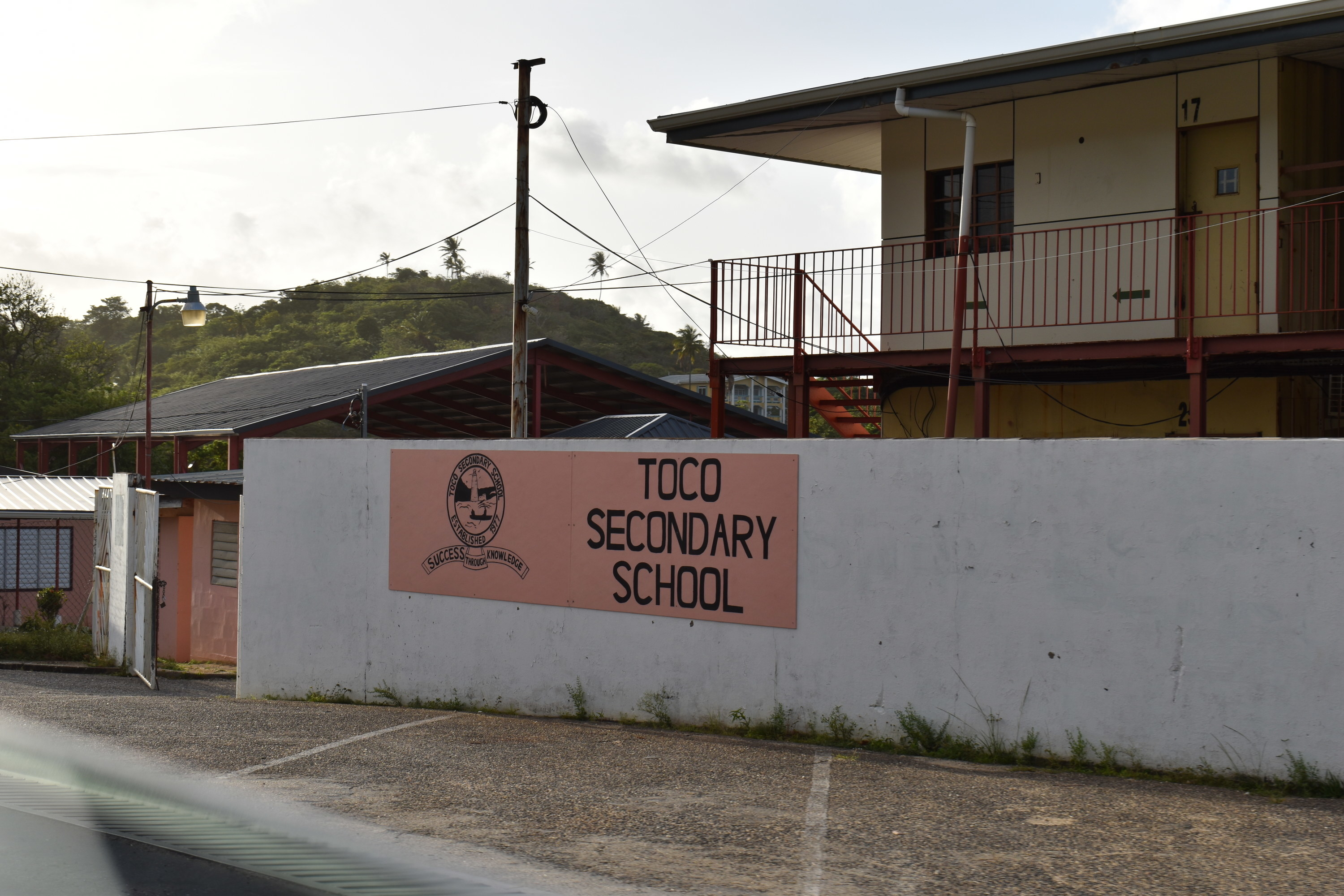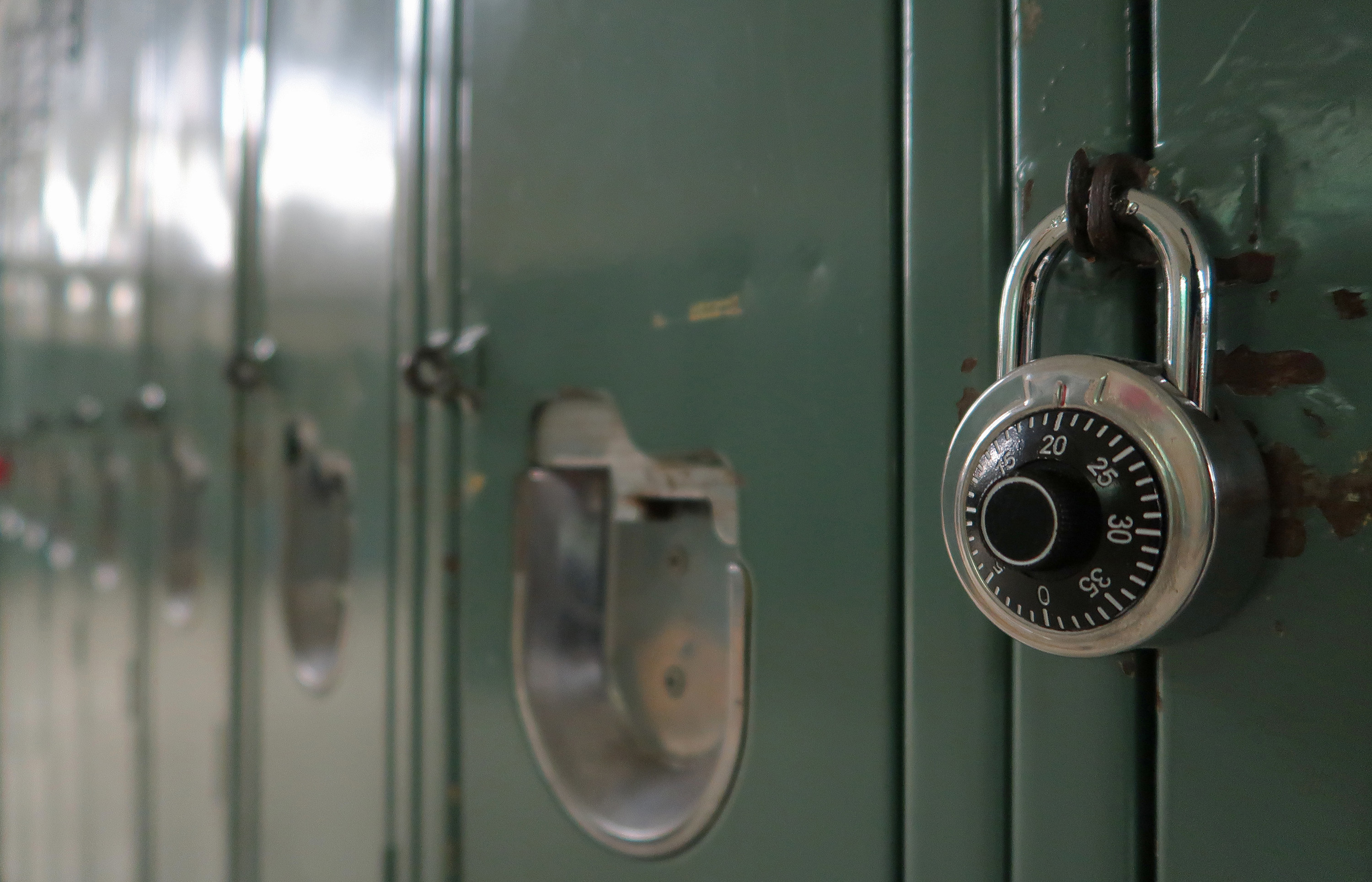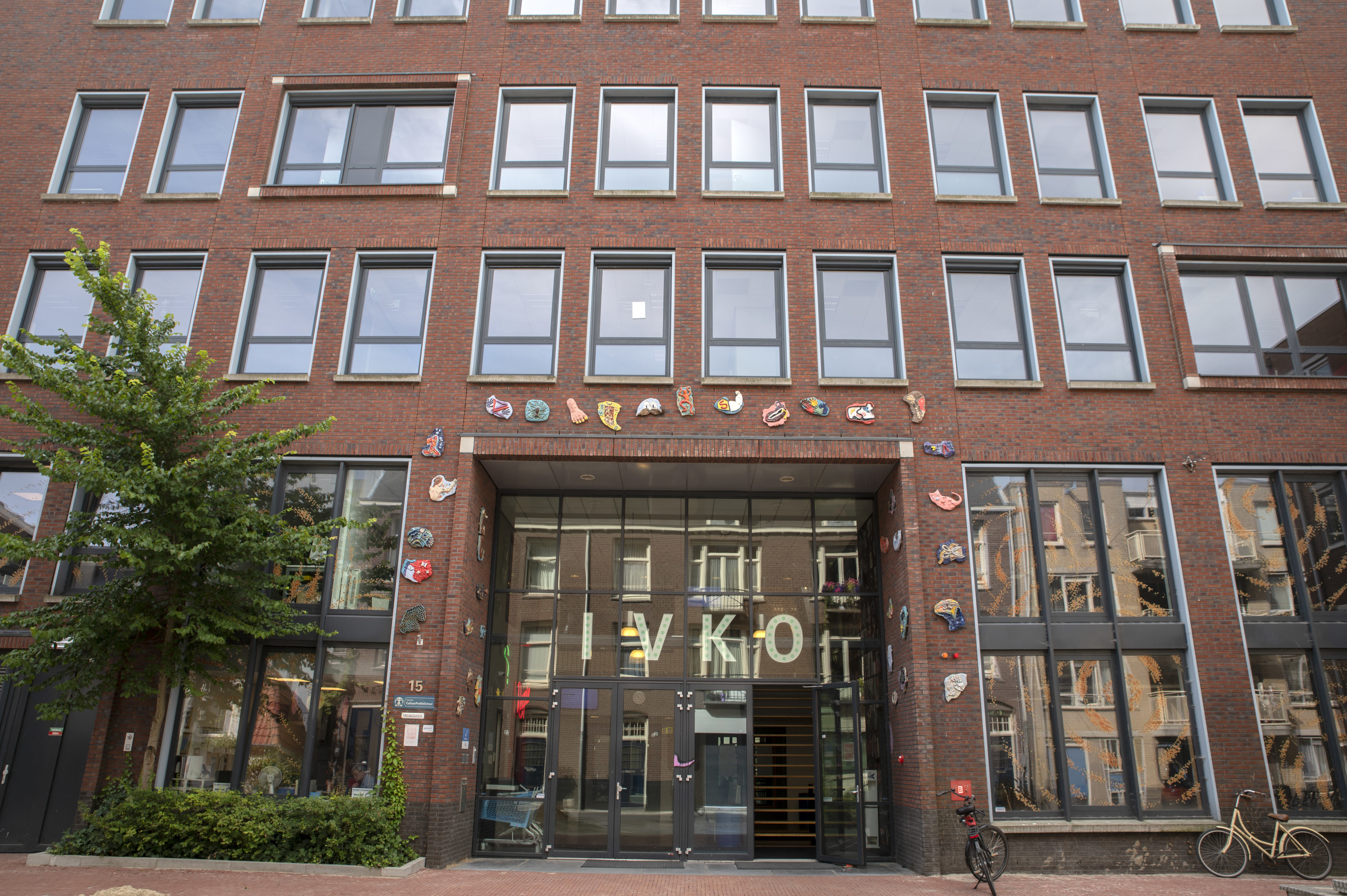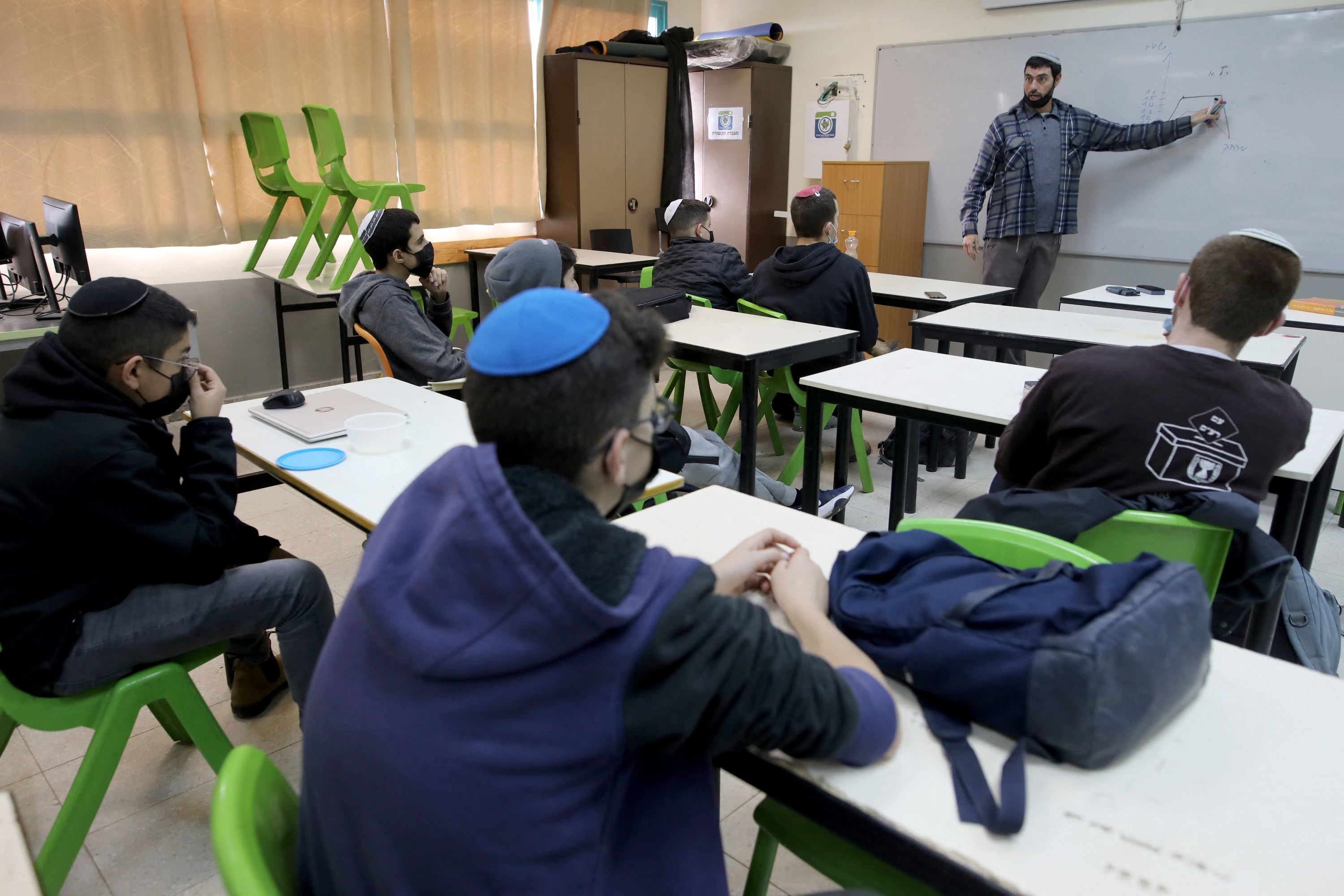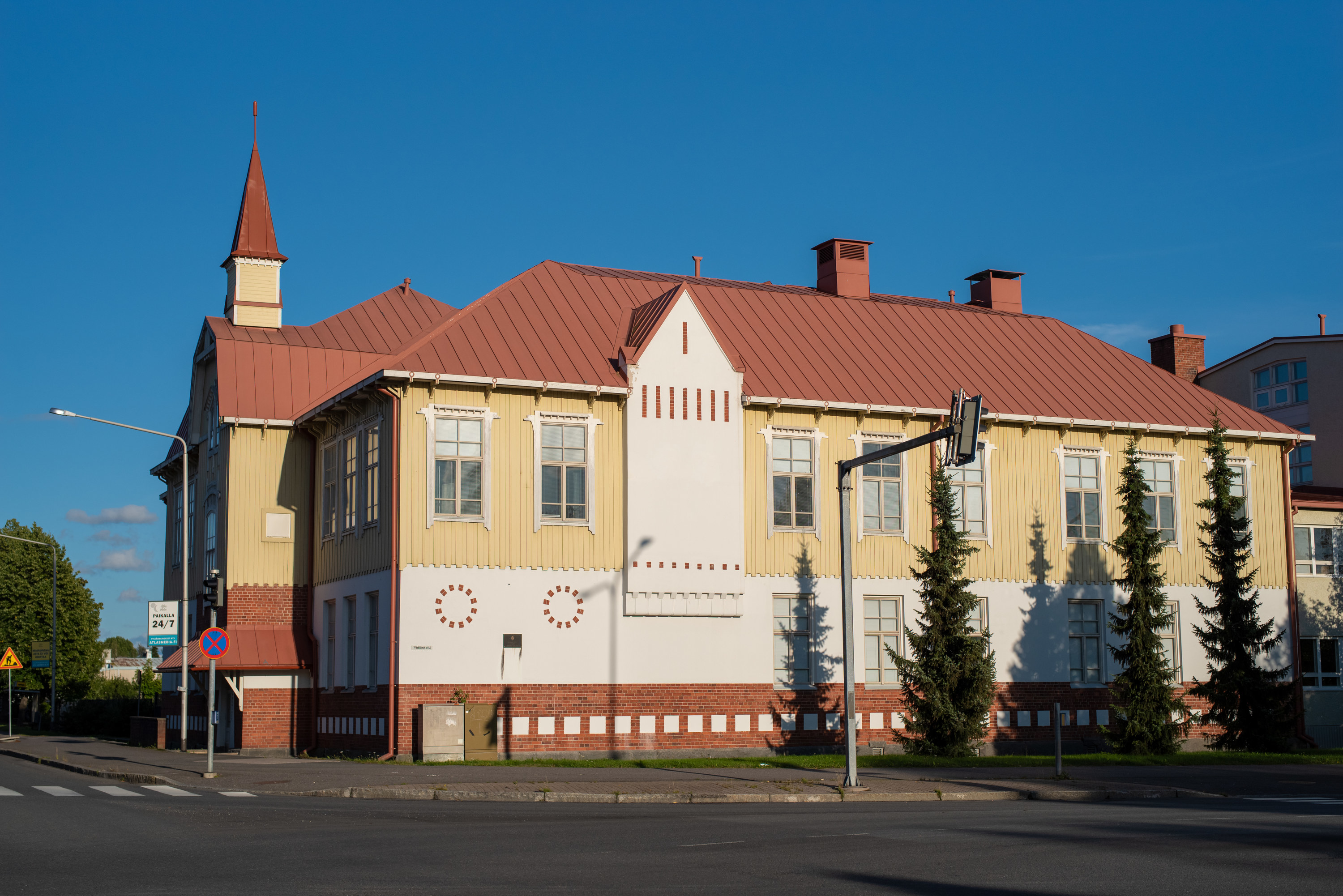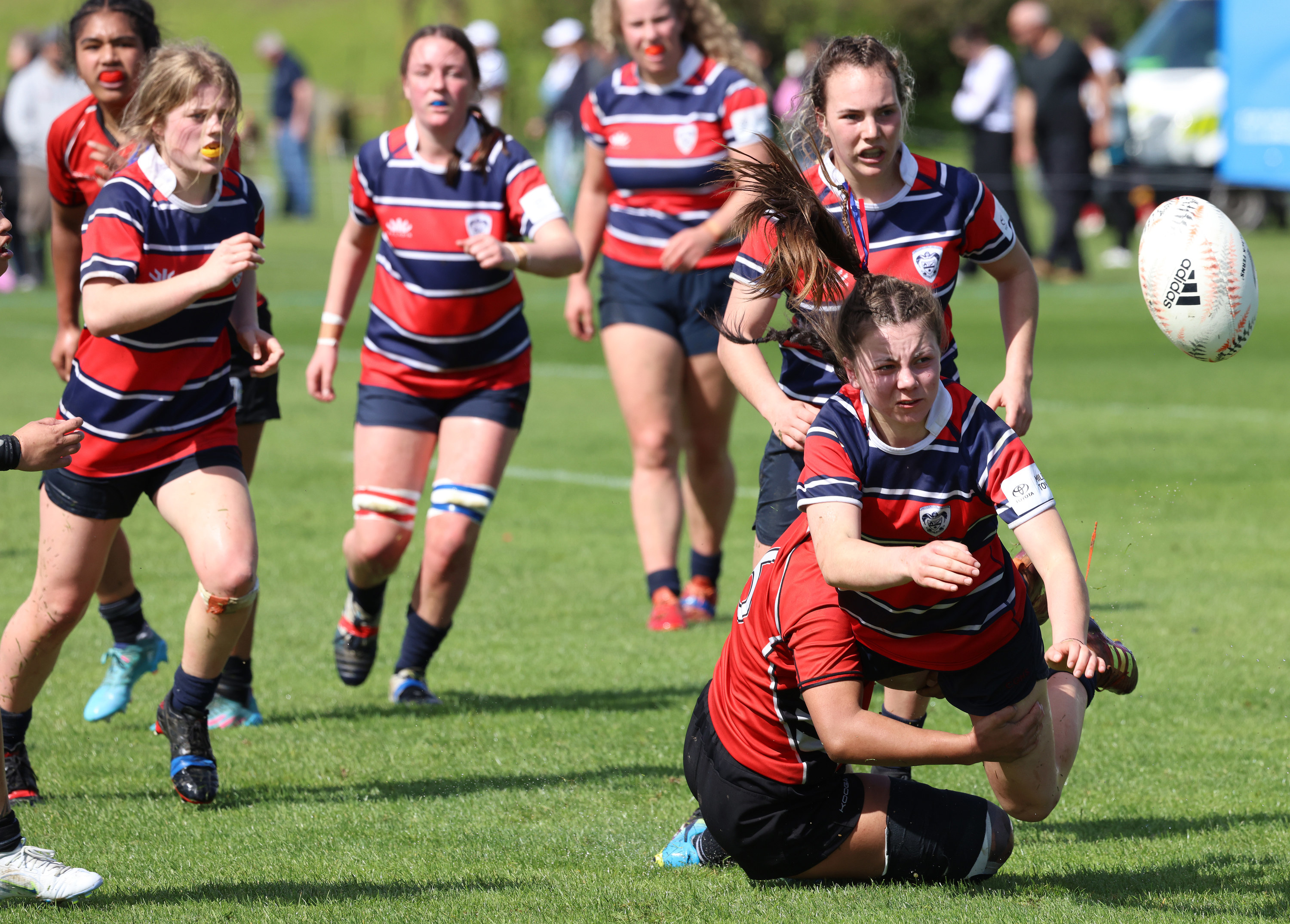—ednjune 2.) No school lunches. It was bring your own from home, buy from the canteen, or starve. And no lunch room, although there were plenty of benches outside. 3.) I don’t remember there being noticeable cliques. Of course, there were groups of friends who stuck together with similar interests, but I guess as we were all in the same uniforms and weren’t allowed to have wild-colored hair or piercings, it wasn’t that noticeable?" —m1shm1sh The system is 3-tiered. 1. Hauptschule. Ends after 9th/10th grade. 2. Realschule. Ends after 10th grade. 3. Gymnasium. Ends after 12th/13th grade." Classes are smaller. My graduating class was 62 or 63 people. There are extracurriculars or clubs (AG, Arbeitsgemeinschaft), but they’re dependent on finding a teacher that’s willing, and there’s no extra credit for attending. Grades go from 1 (very good) to 6 (insufficient). There are no Scantron or multiple-choice tests." School uniforms aren’t really a thing, and for the most part, dress codes are neither. Obviously, you’re supposed to dress appropriately, but no one gets sent home for wearing spaghetti straps or yoga pants. Afaik, the only kid I remember ever getting sent home to change, was a boy whose jeans were so filled with ‘fashionable’ holes they were practically one big hole. But even that may have been because the teacher that sent him home was his neighbor." —sass2511 —brealopez2022 Despite all this, we had conspiracy theorist history teachers, one of whom spent a whole lesson on the JFK assassination, we had year-8’s (12-13-year-olds) dealing drugs in school with teachers that knew about it, and the sanitary bins in the toilets were always literally overflowing. One thing I’ve always been jealous of in American schools is that you don’t have your entire school career judged of like 10 hours of exams. In the UK, that’s typically what happens when it comes to GCSE and A levels." —unibean —hobbitgirl96 I went to a Grammar school in the SE of England, which means I had to test to get in. Year 7-9 (11-14) was pretty standard, the whole class would attend together, maybe sets for maths. Year 10/11 was GCSE, so we had our own individual choices and schedules, but still core subjects like math, English, and science. My school also had a sixth form, which was basically year 12/13 for A levels. You took three or four subjects only and only had to be in school for classes. We could also ditch the uniform at that point but still had to dress for ‘business.’ So, a bunch of 17-year-olds looking like work experience mostly!! This was all 20 years ago, though." —harleybear We wear uniforms, bring our own lunches to school, more academically focused. School year is from late January to mid-December, divided into four terms with short school holidays between each term, December being the longest with at least six weeks off. Most schools don’t have lockers (more a private school thing). You had to lug your school bag from class to class with all your books for the day in them." —ilseoos81 Minor incidents were smoke and stink bombs getting set off while they pulled the fire alarm, a protest by native Canadian students that turned violent, and the regular bullying that happens in schools. I even remember being at a school dance, and a guy was bragging that he could get his cousin to bring a gun over in 15 minutes. Fortunately, no one asked him to prove it. I must have learned things because I went to university, and I had friends and the sort of social life a smart, very sarcastic teenage girl who doesn’t do any clubs or sports has. But now, I remember how stupidly unsafe it was, and I hope it’s better, but the drug dealer is a teacher there now." — janes4c411b247 After those six years, you can go to different schools. It depends on how high you score on a test and the advice of your teacher. There are eight different levels, but there are similarities: Everyone studies Dutch, math, English, German, biology, geography, history, and maybe some other things I can’t think of right now. But how high your level tells how many things you have to study, like French, Greek, Latin, and other things. The higher levels take longer, five or six years. The lower levels take four years. If you graduate from the four lower levels, you go to a school that is specialized in jobs that are more practical like nurses, car mechanics, working in restaurants, with animals, technical, or ICT. If you graduated in the higher levels, you can go to the university and become a doctor, a lawyer, all those kinds of jobs." —simon-kip We tend to know each other better. I always found it weird not to know your classmates like in the US. Oh, and we can choose to go to whichever school we want, doesn’t matter where we live. The bad side is that extracurricular activities are limited, our schools are made just of classrooms, bathrooms, and gymnasiums; if you want drama, music, and sports activities, you can join your local clubs outside school, and you have to pay monthly for those. That’s the thing I always envied about American high school — you have a club for everything, including the school paper which I would love!" —luthy_one Third, some schools in the area had special programs, like electrical engineering, that you could enroll in to kickstart your post-secondary education. Sports weren’t a big deal, kids were just as cruel to one another, and what you got away with depended largely on how much money your parents were willing to dish out. One thing I found interesting was that the young teachers fraternized with students outside of school, sometimes inappropriately. I distinctly remember doing a body shot off of the same girl as my physics teacher at a party." —pipac And, of course, there is the usual basic subjects such as math or English. (We study English here, btw.) High school was mellow as shit, but after that, you really need to do your work. Otherwise, you have to redo a year." —Imjoppe The people who went to my school graduated either intellectually and socially intrigued and enhanced, or deeply, deeply scarred and traumatized. Unfortunately, I’m in the latter." —orenlevko1 During the last year, you take your matriculation: You take nationally standardized tests in a few subjects, and those grades factor in when you’re applying for university. Socially it’s also a bit different since most people at least have some sense of ‘wanting’ to be at that exact school. The biggest jerks either might go to another school or start growing up and being less jerky." —sockcucker 1.) Our school year begins in late January/early February at the tail-end of our summer. The end of the school year is November or early December, so Christmas falls during the summer holidays. 2.) Most high schools (usually called secondary schools or college here) have uniforms. Only a select few allow people to wear their own clothes. But a few times a year, we would have a ‘mufti day’ where we could pay $1 to be allowed to wear our regular clothes for the day. The money raised would go toward projects or building upgrades for the school. 3.) Each year, there was a School Ball (a bit like a prom) for the Year 12 and Year 13 students (the oldest levels in the school). It was a fairly big deal; a lot of girls convinced their parents to pay for beautiful dresses and professional hair and makeup. Hardly anyone went with dates, though. Most of us just went in a group with our friends." 5.) In other ways, it was just like how US high school seems in the movies. There were people who were more popular than others; there were bullies. There was homework, detentions, lockers, a lot of the typical stuff." —louisiana54 The school that I went to unfortunately had teachers that favored some specific students, and I was not one of them, so I had to work extra hard. Honestly, I don’t even know how I managed to do the work that I did way back when or even had the energy to." —google_101581609938348549728


